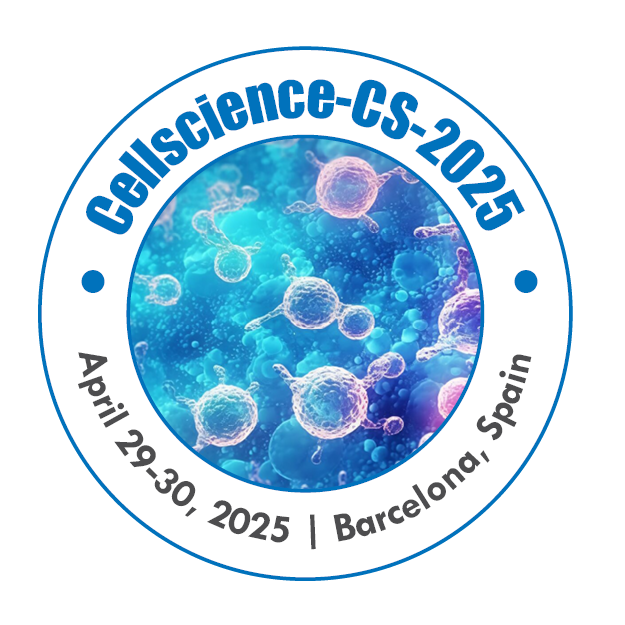Microbiome and Host Interactions
Microbiome and host interactions refer to the dynamic relationship between the microorganisms that inhabit the human body (microbiome) and the host (human) itself. This complex interaction plays a crucial role in maintaining health and influencing various physiological processes. The human body is home to trillions of microorganisms, including bacteria, viruses, fungi, and archaea, collectively known as the microbiome. These microorganisms colonize various parts of the body, such as the skin, gut, oral cavity, and reproductive organs. The microbiome and the host engage in a constant dialogue through various mechanisms. The microbiome communicates with the host through the production of metabolites, such as short-chain fatty acids, neurotransmitters, and vitamins. In turn, the host provides nutrients and an environment for the microbiome to thrive. The microbiome plays a crucial role in maintaining health and preventing disease. It helps digest food, produce essential nutrients, and modulate the immune system. Alterations in the microbiome composition, known as dysbiosis, have been linked to various health conditions, including obesity, inflammatory bowel disease, and mental health disorders. The microbiome plays a key role in regulating the immune system.
Related Conference of Microbiome and Host Interactions
21th World Congress on Tissue Engineering Regenerative Medicine and Stem Cell Research
16th International Conference on Human Genetics and Genetic Diseases
19th International Conference on Genomics & Pharmacogenomics
Microbiome and Host Interactions Conference Speakers
Recommended Sessions
- Stem Cell Research and Therapy
- Cell and Tissue Engineering
- Bioinformatics and Systems Biology
- Cancer Biology and Cell Signaling
- Cell Cycle and Cell Division
- Cell Migration and Invasion
- Cellular Mechanotransduction
- Cellular Metabolism and Metabolic Disorders
- CRISPR and Genome Editing Technologies
- Developmental Biology and Regenerative Medicine
- Epigenetics and Epigenomics
- Microbiome and Host Interactions
- Molecular and Cellular Immunology
- Molecular Genetics and Gene Therapy
- Molecular Pathology and Diagnostics
- Nanotechnology in Cell Biology
- Neurobiology and Neurodegenerative Diseases
- Proteomics and Protein Engineering
- Signal Transduction and Cell
- Single-Cell Analysis and Applications
- Structural Biology and Molecular Dynamics
- Synthetic Biology and Bioengineering
Related Journals
Are you interested in
- 3D Bioprinting, Organ Fabrication & Bioartificial Tissues - Stem Cell 2026 (Netherlands)
- Aging Biology, Longevity Science & Cellular Rejuvenation - Stem Cell 2026 (Netherlands)
- Artificial Intelligence and Computational Biology in Regenerative Medicine - Stemgen 2026 (Japan)
- Bioinformatics, AI Models & Predictive Regeneration - Stem Cell 2026 (Netherlands)
- Biomaterials and Nanotechnology in Regenerative Medicine - Stemgen 2026 (Japan)
- Cancer Stem Cells & Targeted Therapeutics - Stem Cell 2026 (Netherlands)
- Cancer Stem Cells and Oncology - Stemgen 2026 (Japan)
- Cardiac, Vascular & Musculoskeletal Regeneration - Stem Cell 2026 (Netherlands)
- Cardiovascular Regeneration - Stemgen 2026 (Japan)
- Clinical Translation of Stem Cell Therapies - Stem Cell 2026 (Netherlands)
- Clinical Trials and Translational Stem Cell Research - Stemgen 2026 (Japan)
- Commercialization, Biobanking & Industry Innovations - Stem Cell 2026 (Netherlands)
- Ethical, Legal, and Social Implications in Stem Cell Research - Stemgen 2026 (Japan)
- Ethical, Regulatory & Quality Control Frameworks - Stem Cell 2026 (Netherlands)
- Exosomes, Extracellular Vesicles & Cell-Free Therapeutics - Stem Cell 2026 (Netherlands)
- Future Trends: Organoids, Bioengineering, and Next-Generation Therapies - Stemgen 2026 (Japan)
- Gene Editing and CRISPR Technologies - Stemgen 2026 (Japan)
- Gene Editing, CRISPR Therapies & Regenerative Genomics - Stem Cell 2026 (Netherlands)
- Induced Pluripotent Stem Cells (iPSCs) and Reprogramming - Stemgen 2026 (Japan)
- Mesenchymal Stem Cells (MSCs) in Therapy - Stemgen 2026 (Japan)
- Regeneration in Neurodegenerative & Spinal Cord Disorders - Stem Cell 2026 (Netherlands)
- Regenerative Approaches in Diabetes & Metabolic Disorders - Stem Cell 2026 (Netherlands)
- Regenerative Dentistry and Craniofacial Applications - Stemgen 2026 (Japan)
- Regenerative Immunology & Immune Modulation - Stem Cell 2026 (Netherlands)
- Regenerative Medicine and Tissue Engineering - Stemgen 2026 (Japan)
- Stem Cell Banking and Cryopreservation - Stemgen 2026 (Japan)
- Stem Cell Biology and Cellular Mechanisms - Stemgen 2026 (Japan)
- Stem Cell Engineering & Cellular Reprogramming - Stem Cell 2026 (Netherlands)
- Stem Cells in Neurological and Neurodegenerative Disorders - Stemgen 2026 (Japan)
- Tissue Engineering, Biomaterials & Smart Scaffolds - Stem Cell 2026 (Netherlands)

